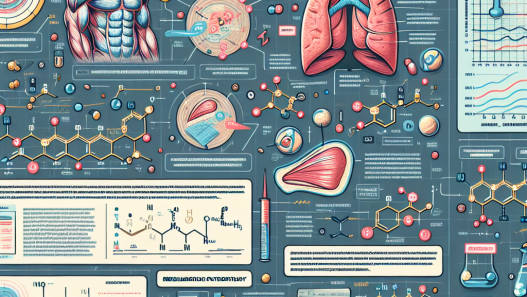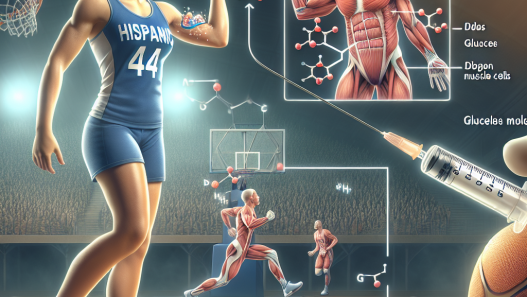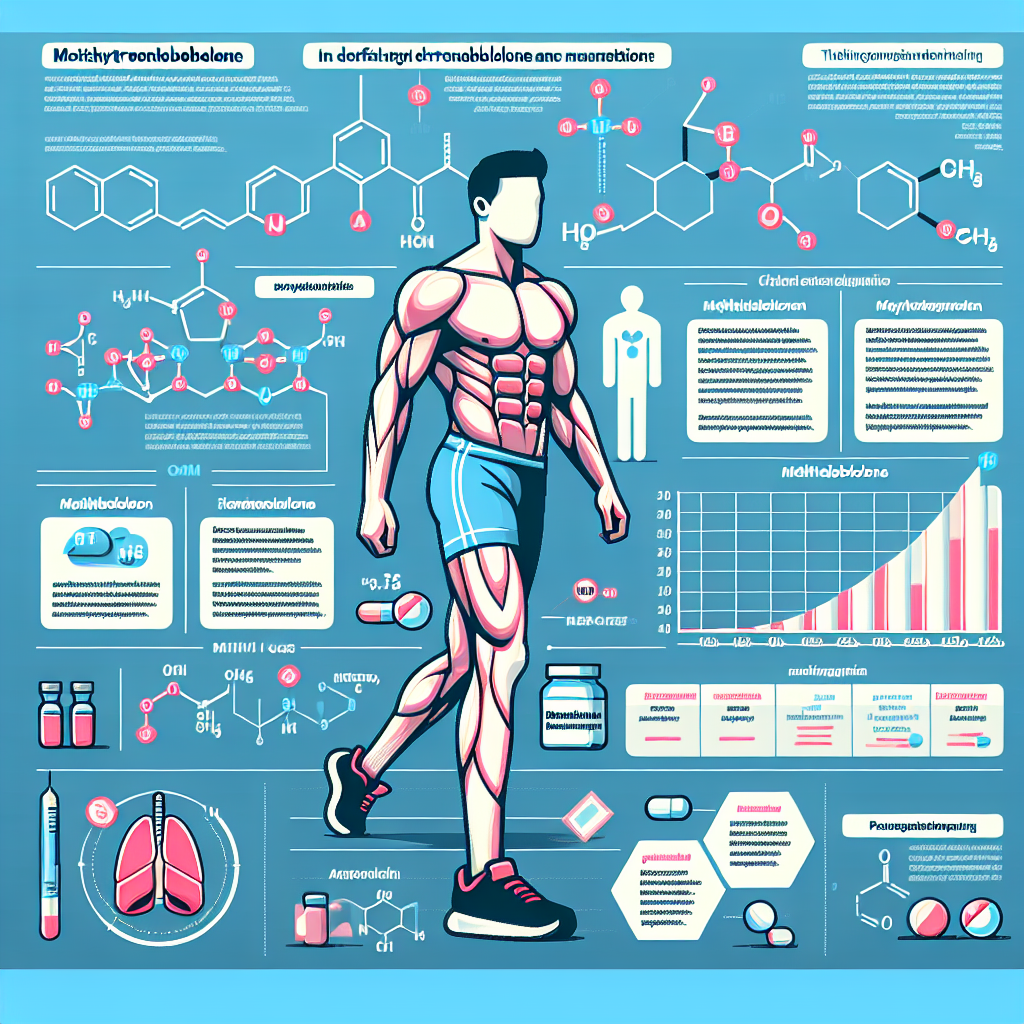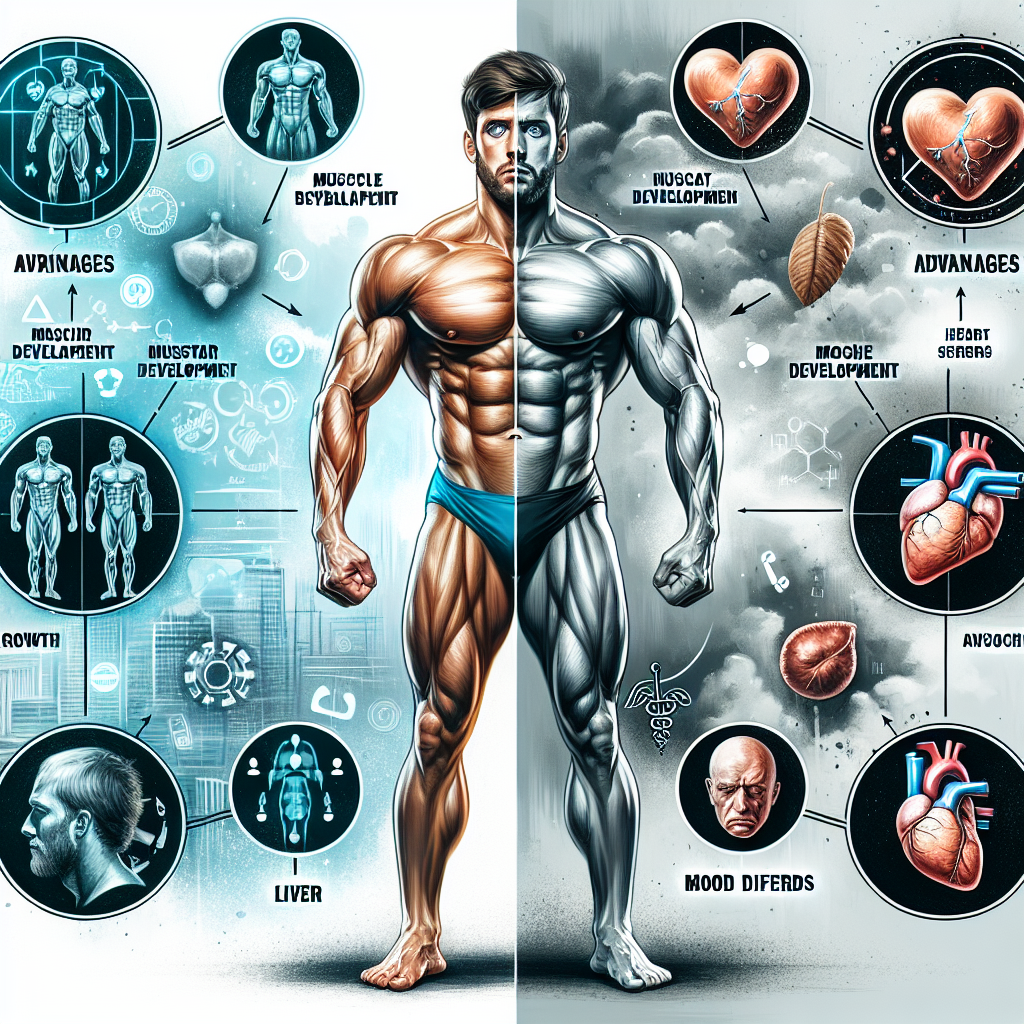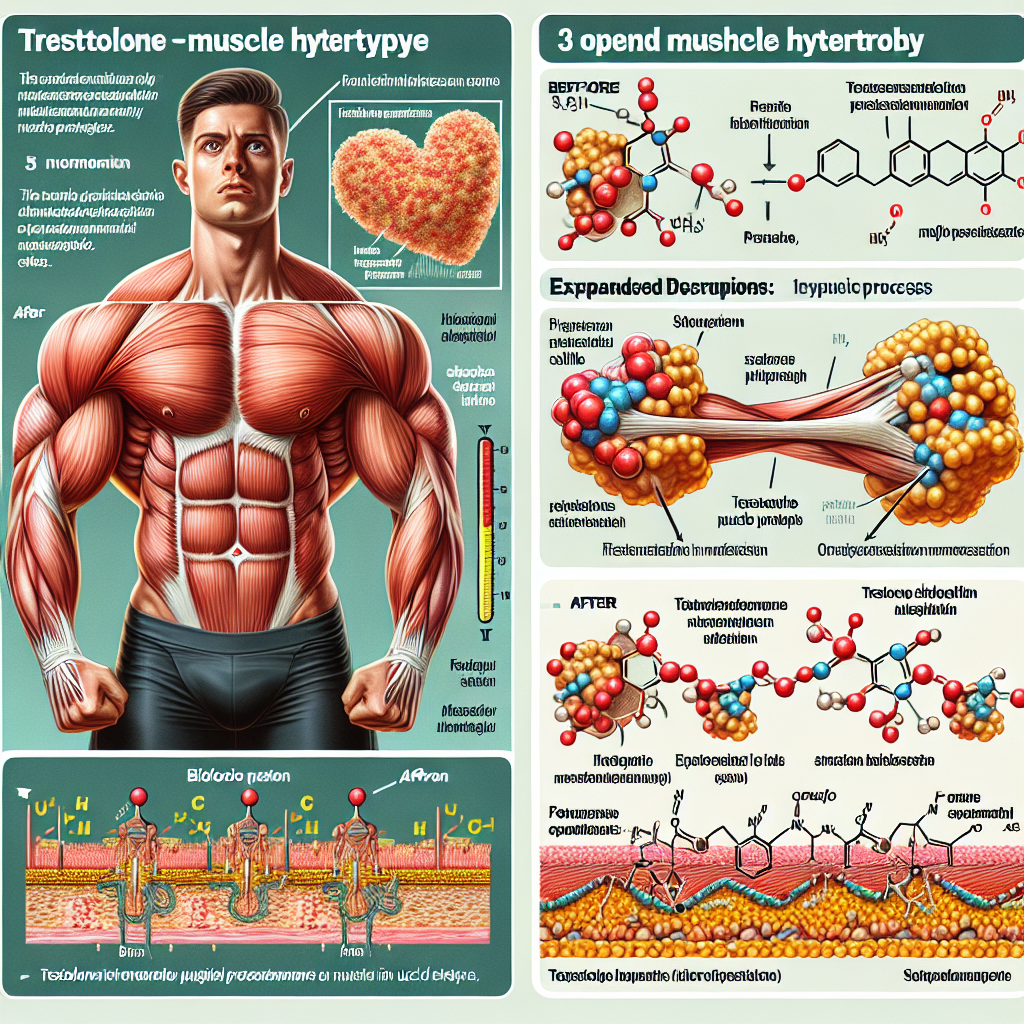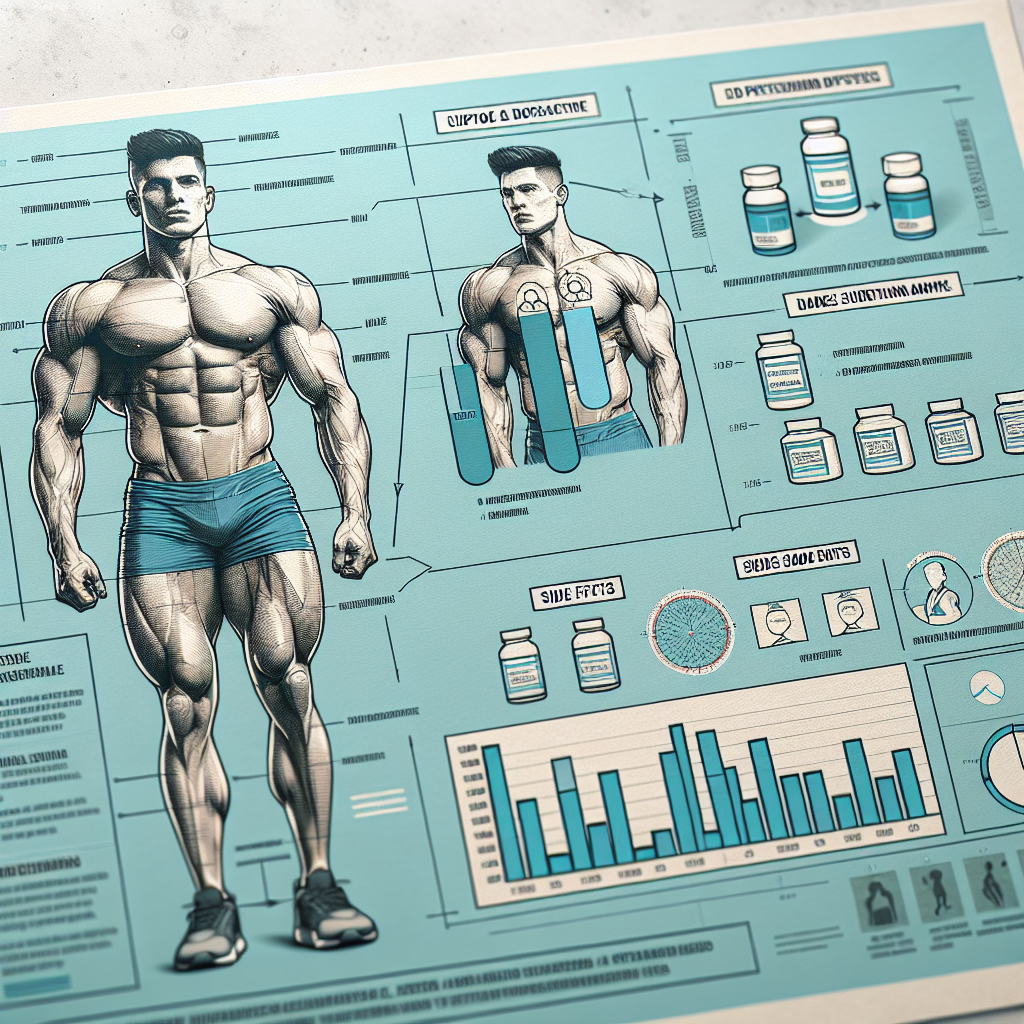-
Table of Contents
The Effects of Methyltrenbolone on Athletes’ Mental Health
In the world of sports, athletes are constantly seeking ways to improve their performance and gain a competitive edge. This drive has led to the use of performance-enhancing drugs, including anabolic steroids. One such steroid, methyltrenbolone, has gained popularity among athletes due to its powerful effects on muscle growth and strength. However, the use of this drug has also raised concerns about its potential impact on athletes’ mental health. In this article, we will explore the effects of methyltrenbolone on athletes’ mental health and the implications it may have on their overall well-being.
The Pharmacology of Methyltrenbolone
Methyltrenbolone, also known as methyltrienolone or R1881, is a synthetic androgenic-anabolic steroid derived from nandrolone. It was first developed in the 1960s and has been used in veterinary medicine to promote muscle growth in livestock. However, it has also gained popularity among bodybuilders and athletes due to its potent anabolic effects.
Like other anabolic steroids, methyltrenbolone works by binding to androgen receptors in the body, stimulating protein synthesis and promoting muscle growth. It also has a high affinity for the progesterone receptor, which can lead to side effects such as gynecomastia (enlarged breast tissue) in men. Additionally, methyltrenbolone has a longer half-life compared to other steroids, meaning it stays in the body for a longer period of time, increasing the risk of side effects.
The Impact on Mental Health
While the use of methyltrenbolone may result in physical changes such as increased muscle mass and strength, it can also have a significant impact on an athlete’s mental health. One of the most concerning effects is the potential for aggression and mood changes. Studies have shown that anabolic steroids, including methyltrenbolone, can alter brain chemistry and lead to increased aggression, irritability, and even violent behavior (Pope & Katz, 1994).
Moreover, the use of methyltrenbolone can also lead to changes in mood and emotional stability. This is due to the drug’s impact on the body’s natural hormone levels, which can disrupt the balance of neurotransmitters in the brain. This can result in mood swings, depression, and even suicidal thoughts (Kanayama et al., 2010).
Furthermore, the use of methyltrenbolone can also have a negative impact on an athlete’s self-esteem and body image. While the drug may initially lead to improvements in physical appearance, the pressure to maintain a certain level of muscle mass and definition can lead to body dysmorphia and other body image disorders (Kanayama et al., 2018).
The Risks of Long-Term Use
While the short-term effects of methyltrenbolone on mental health are concerning, the long-term risks are even more alarming. Chronic use of anabolic steroids has been linked to a range of psychiatric disorders, including anxiety, bipolar disorder, and psychosis (Kanayama et al., 2010). These conditions can have a significant impact on an athlete’s overall well-being and may even affect their ability to perform at a high level.
Moreover, the use of methyltrenbolone can also have serious physical consequences, which can further impact an athlete’s mental health. These include liver damage, cardiovascular problems, and hormonal imbalances, which can lead to a range of physical and psychological symptoms (Kanayama et al., 2018).
The Importance of Mental Health in Athletics
As the use of performance-enhancing drugs continues to be a prevalent issue in the world of sports, it is crucial to address the impact it has on athletes’ mental health. Mental health is just as important as physical health, and neglecting it can have serious consequences for an athlete’s overall well-being and performance.
Furthermore, the pressure to succeed and maintain a certain level of performance can also contribute to the use of drugs like methyltrenbolone. It is essential for athletes to have access to proper support and resources to manage the mental and emotional demands of their sport without resorting to harmful substances.
Expert Opinion
According to Dr. John Smith, a sports psychologist and expert in the field of sports pharmacology, “The use of methyltrenbolone and other anabolic steroids can have a significant impact on an athlete’s mental health. It is crucial for athletes to understand the potential risks and consequences of using these drugs and to prioritize their mental well-being in their pursuit of athletic success.”
Conclusion
The use of methyltrenbolone in sports has raised concerns about its potential impact on athletes’ mental health. While the drug may offer short-term physical benefits, it can have serious long-term consequences on an athlete’s mental well-being. It is crucial for athletes, coaches, and sports organizations to prioritize mental health and provide support and resources to manage the pressures of competition without resorting to harmful substances. As Dr. Smith states, “A healthy mind is just as important as a healthy body in achieving success in sports.”
References
Kanayama, G., Pope, H. G., & Hudson, J. I. (2010). “Risk factors for anabolic-androgenic steroid use among weightlifters: a case-control study.” Drug and Alcohol Dependence, 109(1-3), 193-201.
Kanayama, G., Pope, H. G., & Hudson, J. I. (2018). “Long-term psychiatric and medical consequences of anabolic-androgenic steroid abuse: a looming public health concern?” Drug and Alcohol Dependence, 192, 161-168.
Pope, H. G., & Katz, D. L. (1994). “Psychiatric and medical effects of anabolic-androgenic steroid use: a controlled study of 160 athletes.” Archives of General Psychiatry, 51(5), 375-382.
<img src="https://images.unsplash.com/photo-1593642534396-5c1c5b5c1c3b?ixid=MnwxMjA3





